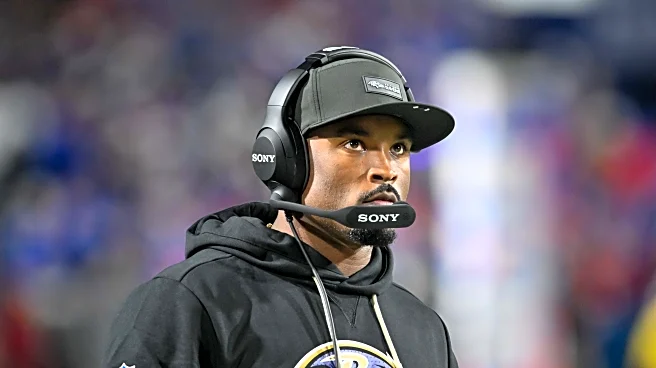Rapid Read • 7 min read
Gen Z, representing a significant portion of the workforce, is reshaping employment expectations. According to a 2025 Deloitte survey, 89% of Gen Z prioritize having a sense of purpose at work, which is crucial for motivation and job satisfaction. Gen Z employees seek workplaces that align with their personal values, emphasizing corporate social responsibility, mental health awareness, and diversity. They prefer flexible work arrangements and are willing to accept lower pay for better work-life balance. Employers face challenges in adapting to these expectations, as Gen Z is less interested in traditional career paths and more focused on meaningful work.
AD
The shift in Gen Z's work preferences has significant implications for employers. Companies must adapt to attract and retain this generation, which values purpose over pay and flexibility over traditional work structures. Failure to meet these expectations could result in higher turnover rates and difficulty in recruiting Gen Z talent. Organizations that successfully integrate Gen Z's values into their workplace culture may benefit from increased innovation and employee engagement, as Gen Z is known for their tech-savvy skills and fresh perspectives.
Employers are likely to continue evolving their workplace policies to accommodate Gen Z's preferences. This may include offering more flexible work hours, enhancing career development opportunities, and prioritizing mental health and diversity initiatives. As Gen Z becomes a larger part of the workforce, companies will need to balance these changes with the needs of other generations to create a harmonious and inclusive work environment.
AD
More Stories You Might Enjoy













